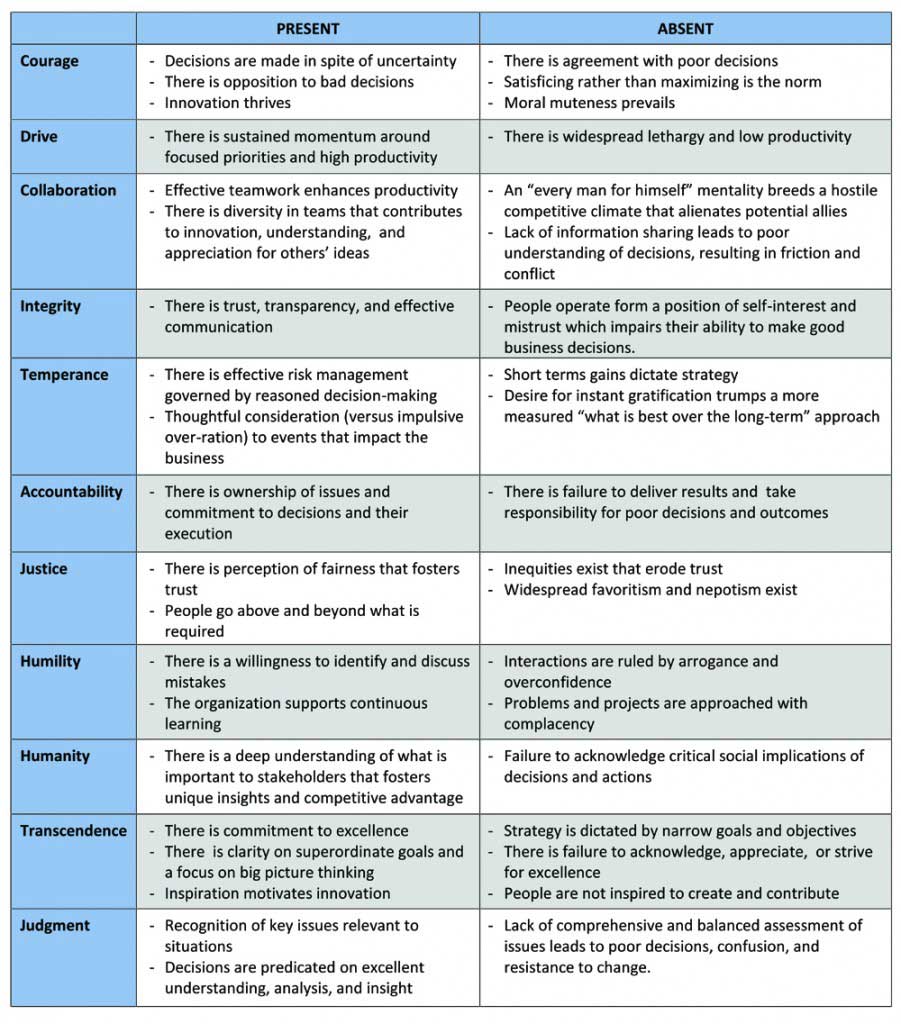Power Corrupts. Or Does It?
Power Corrupts. Or Does It?
The circus surrounding the resignation of FIFA’s Sepp Blatter and the recent termination of prominent CBC host, Evan Soloman is just the latest in a long list of powerful people doing things they probably shouldn’t have.
We are all familiar with John Dalberg-Acton’s quote (even though I have never heard of Lord Acton himself) that “Power tends to corrupt, and absolute power corrupts absolutely.” So, the obvious explanation for all of the salacious exploits is that it is simply an inevitable consequence of power. So it should be a foregone conclusion that if we put anyone in the same positions as Blatter and Soloman, that they will eventually do something stupid.
While it is not difficult to find examples to support this conclusion, I would like to throw out an alternative – if slightly less pessimistic – view. These failures are not the inevitable result of power gone bad; it is actually a failure of character.
Soloman was fired for using his role as host of CBS’s Power & Politics to broker art deals and net himself a healthy commission; a fact unknown to many of the wealthy art buyers. This is a great example of lack of character — specifically judgment, humility, and temperance.
Take a look at the following character dimensions measured by our Leadership Character Insight Assessment (LCIA) and the consequences when these character dimensions are lacking.

The good news is that character can be developed.
Even normal, everyday occurrences offer the opportunity for character development. Change can occur because character is not something separate from one’s job or life, but rather a part of them. Reflection about why you might be impatient, excessive, stubborn, or careless provides the raw material for examining and developing character.
The first step in character development is self-awareness through assessment tools like the Leadership Character Insight Assessment (LCIA). Click here for our EGuide on Developing Leadership Character.
